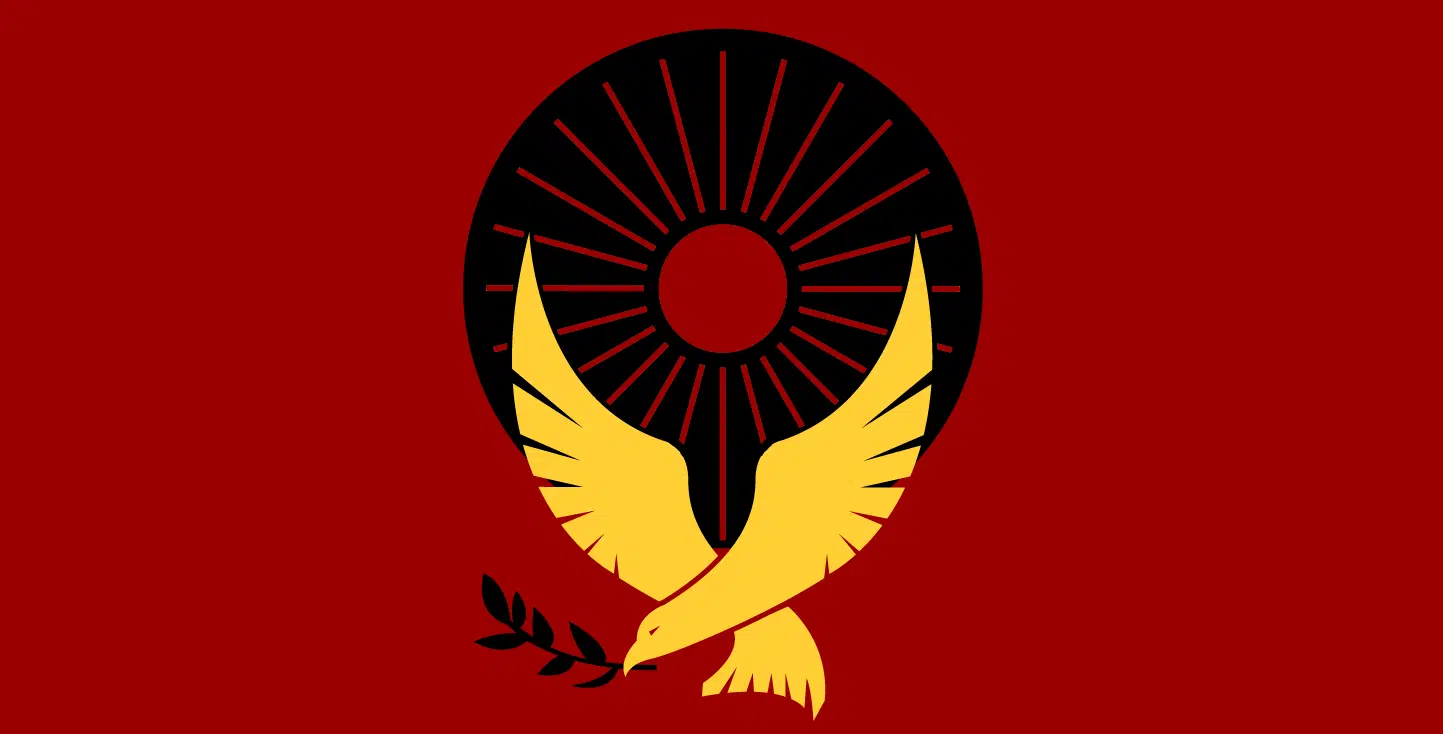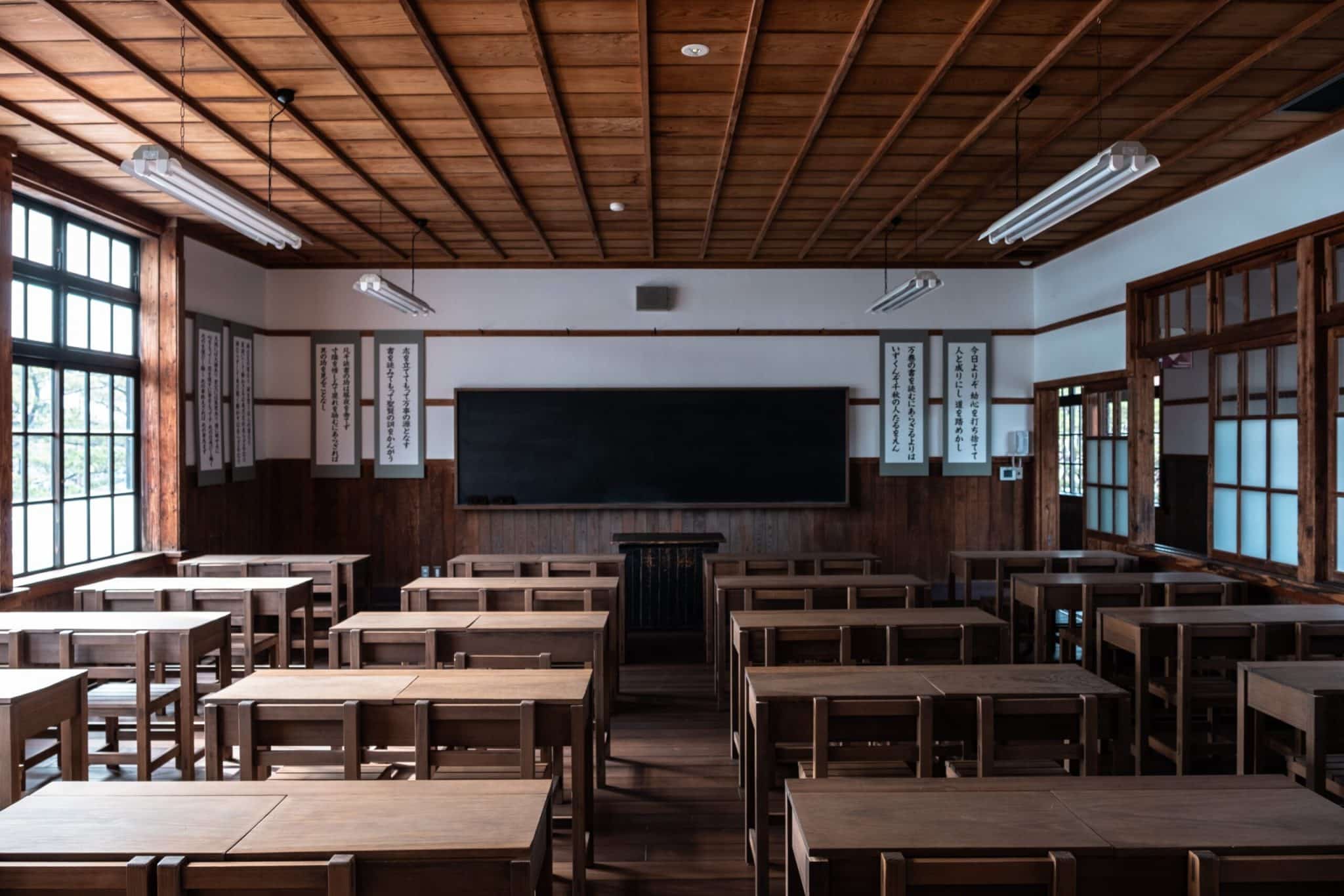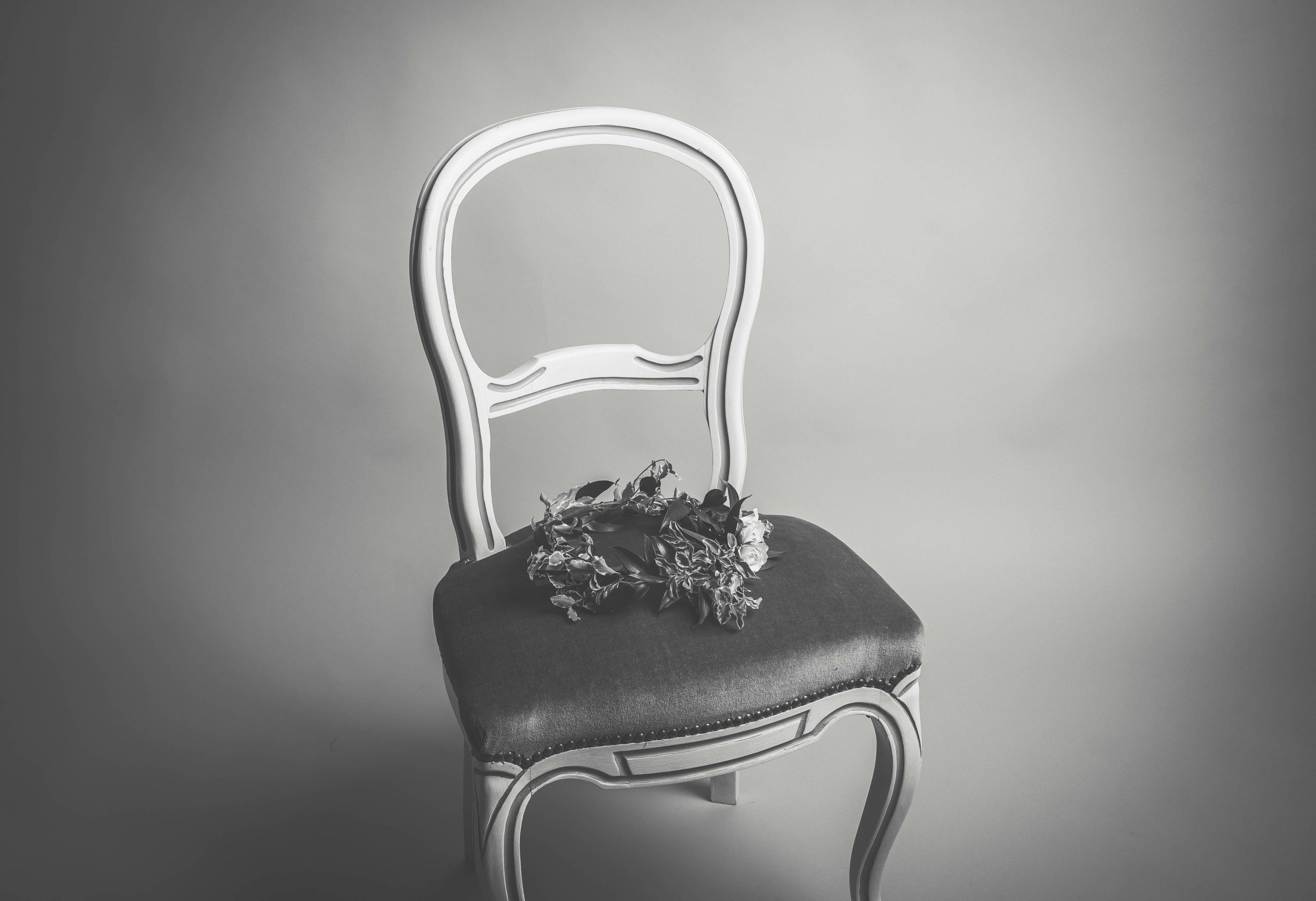Echoes of War: Poems on Combat, Culture, and Survival
Author’s Memo
Military Culture – Marine Corps
The very first hour of boot camp, it was made very clear to us that we were now subject to the UCMJ, the Uniform Code of Military Justice. For example, a marine who commits adultery can be sentenced up to one year in military prison as well as being dishonorably discharged. To quote one definition of military culture: Military culture includes a rich collection of symbols, beliefs, values, language, dress, behaviors, relationships, and work.

Attack of the Arachnids
Ordered to prepare for a night attack,
on our knees at dusk, we each unstrapped our
entrenching tools, scraping soil, a flimsy
shield against bullets. After my third thrust
a monstrous centipede wriggled across
the bare patch of dirt. The marines near me,
all from the east coast, began screaming, not
having seen such a thing. Myself only
in a book. Remaining calm I returned
it to the earth. Stretching our ponchos on
the ground, we smoothed them out hoping for the
best. Drawing first watch, I saw the light fade
behind the hill. Sun blinded, thinking my
eyes were tricking me, the entire hillside
seemed to be sliding. Re-focusing I saw
a massed, terrestrial army of hairy
tarantulas descending stealthily
to our line. Stumbling to my feet, sounding the
alarm, I opened fire on full auto.
The noise was deafening, the smell of burned
powder filled our nostrils, the flash of gun
barrels illuminating the attack.
The enemy repelled, the survivors
retreated into their burrows. Two years
still remained of my tour of duty,
yet now, names forgotten, losses compiled,
my uniform given to a girlfriend
so she could be hip, my field jacket still
worn on the rarely cold day, one nightmare
remains, the attack of the arachnids.
Morning Report
Our supersized D.I., a poster Marine,
loomed in the doorway of the duty hut.
House Mouse, his green utilities sagging,
was flapping his arms, vacant eyes tracking the skies,
the D.I. frothing, pitching spittle
off Mouse’s pouchy face.
Fly numbnuts, fly around my house.
When I say dive, hit the dirt.
Morning report in hand,
I watched as he toddled off,
arms outstretched, fingertips dusting the walls
between Quonset huts.
Three days later at morning formation,
our rifle company ramrod straight,
House Mouse’s carcass was dragged
from beneath a beached jeep,
laced into a straight jacket,
and carted away, our first casualty of Vietnam.
*House Mouse: recruit tasked with cleaning and performing domestic shores in drill instructor-only areas.
Flyboys – Marine Corps Air Station, El Toro, CA 1955
Donald’s father
was a marine colonel
and the commanding officer
of the Marine Corps Air Station.
Spending the day with the colonel
was always an adventure for us boys.
One day we got to operate
a fighter-pilot flight simulator
while trying our hand
at a simulated landing.
On another visit
the Colonel had the four of us
lay on the tarmac, facing skyward.
We must have looked like
four dominoes on a board
to the pilots executing a flyover
in a pair of Grumman F9 Cougar fighter jets.
Our childish bodies vibrated
off the ground
as they swooped over us
the thunderous sound deafening us.
Despite its subsonic speed
I could see the dark underbelly
of the jet and just as clearly
the pilot’s hand
as he cooly signaled us.
This is the stuff of glory
where man-sized dreams
fill the heads of boys.
Three of us went to Nam,
two came back, the third
had his name inscribed on a wall.
And me, I wrote this.
Military Culture – Marine Corps
Moments after stepping off the bus at MCRD (Marine Corps Recruit Depot) we were made to line up before a large billboard outlining the UCMJ (Uniform Code of Military Justice). It was made very clear to us that we were now subject to military law in place of the civilian laws with had known our entire lives. Military law differs in many respects from its civilian counterpart. For example, a marine who commits adultery can be sentenced up to one year in military prison as well as being dishonorably discharged. Shortly after, we were marched to a row of barbers and had our heads shaved. This was followed by placing all of our civilian clothing and belongings in a box to be mailed home and replaced by several sets of military uniforms.
‘All of these efforts were to eliminate the individual.
All of these efforts were to eliminate the individual. We were made to dress alike, to move in formation as a group, to act without thinking when given an order. All of this was done to reinforce teamwork which in turn meant survival in combat. To quote one definition of military culture: Military culture includes a rich collection of symbols, beliefs, values, language, dress, behaviors, relationships, and work.
“Flyboys” is an example of how military service is glorified in the eyes of young men.
It is no accident that many military families have supplied generations of young people to
serve. “Morning Report” reveals a glimpse into the treatment of recruits by drill instructors.
Marine Corps boot camp is considered the toughest training of all the armed forces and every
effort is made to eliminate the unsuitable recruit as being a danger to himself/herself and his/her fellow troops when under fire. The dark humor of the “Attack of the Arachnids”
reflects the reality of live combat vs. a training exercise vs. the youth and inexperience of
young marines. While there is no glory in the killing of insects, the experience might well have
been of use to those who were shipped over to Viet Nam.
Credits
Featured image by Artsy Vibes for Unsplash
Image by by Dương Trần Quốc for Unsplash
Learn More
New to autoethnography? Visit What Is Autoethnography? How Can I Learn More? to learn about autoethnographic writing and expressive arts. Interested in contributing? Then, view our editorial board’s What Do Editors Look for When Reviewing Evocative Autoethnographic Work?. Accordingly, check out our Submissions page. View Our Team in order to learn about our editorial board. Please see our Work with Us page to learn about volunteering at The AutoEthnographer. Visit Scholarships to learn about our annual student scholarship competition
Roger Camp lives in Seal Beach, CA where he muses over his orchids, walks the pier, plays blues piano and spends afternoons reading under an Angel's Trumpet with a charm of hummingbirds. When he's not at home, he's photographing in the Old World. His work has appeared in Pank, Cottonwood and Nimrod.









